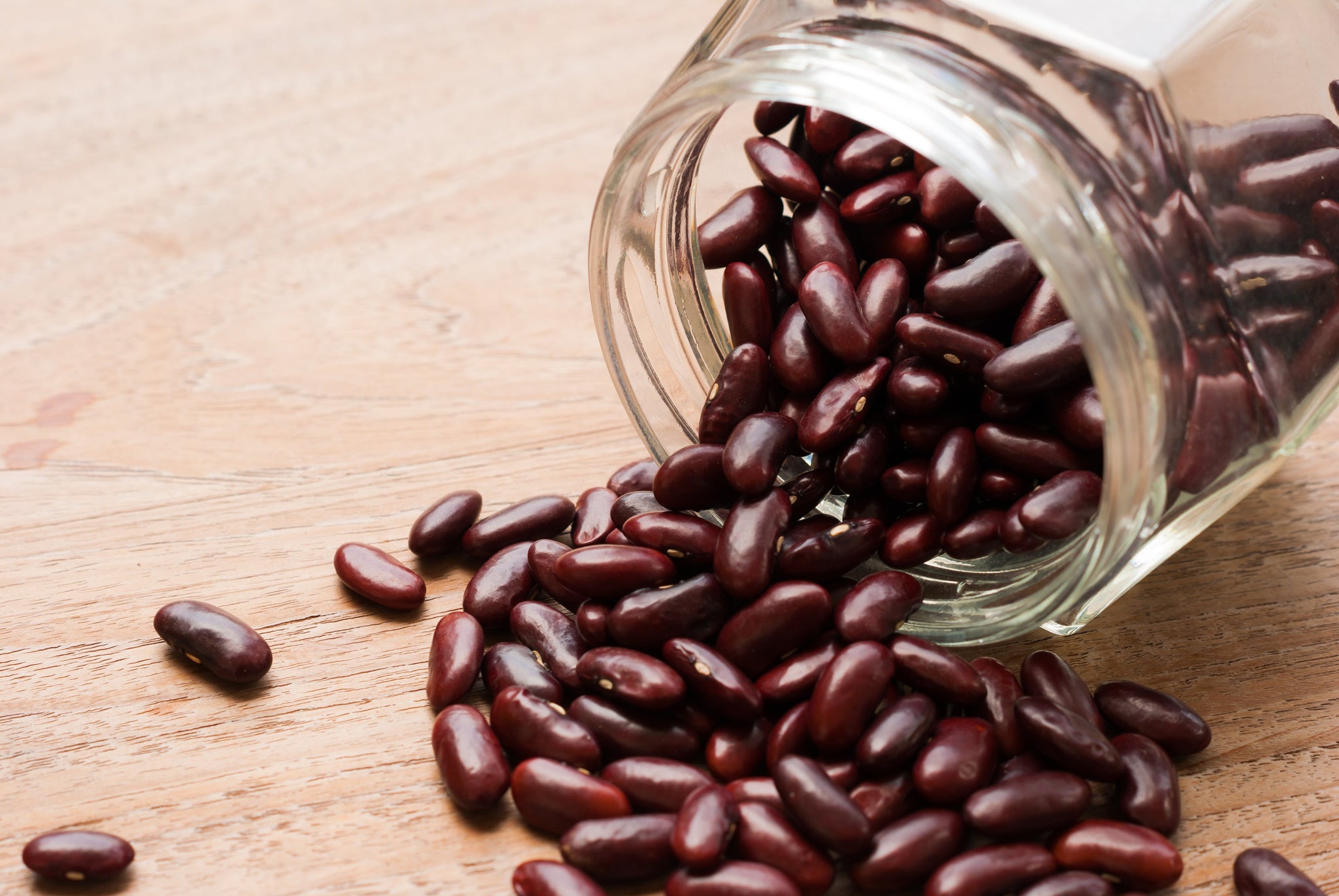
What are lectins?
Lectins are a type of protein found in many foods, but which are difficult to digest. One of the Lectins most people have heard of is Gluten. They are a kind of built-in defence system for plants to make themselves less appetising to animals that might eat them. Also, their seeds (due to the lectins in them making them indigestible) can pass through the animal or birds digestive tract unaffected, so the animal/bird can become a good means of dispersing the seeds far and wide.
Some would term lectins as an “anti-nutrient” due to the attention they have received through popular media citing lectins as the cause of obesity, chronic inflammation, GI problems, leaky gut syndrome, joint pain, and autoimmune diseases. Whilst others cite them as being beneficial in supplying dietary fibre and antioxidants, used to fight off disease. So, is there truth behind these claims and which ones are right?
Why they are bad?
Having read the science and research around the effects of lectins in humans, I would say the evidence is weighted towards them being harmful to many people but not always equally in all people. Generally, because humans can’t digest Lectins, they would pass through the digestive tract unchanged. But if your digestive tract is impaired from Crohn’s disease, or another inflammatory condition they will ‘leak’ through into your blood stream triggering further inflammation. Also, if large enough amounts of lectins are eaten over a long period of time, they can contribute to the cause of bowel lining damage and if continued to be consumed further exacerbate the problem, causing more inflammation.
Historically it seems grains were never a big problem for our ancestors. Before modern agriculture, grains were only a small part of their diet, and they were grown in small quantities without being genetically modified to be super pest resistant as todays’ modern grains are. Today our typical western diet now consists heavily of grains eaten every day, almost every meal in the form of bread, pasta, rice or cereals, quinoa, oats, barley etc. In a relatively short space of time in evolutionary terms we have gone from eating a small amount of grains seasonally to a huge amount of modified grains with much higher gluten and lectin content. The human body has not adapted to these rapid changes and so we see some people experiencing difficulties with certain foods.
Why they are good?
For most people with a healthy intact bowel, lectins can be tolerated with minimal damage especially since soaking, sprouting, and cooking removes most of the Lectins in food. An important caveat though: Some people are more sensitive to lectins especially if they already have a bowel disorder. In these people even small amounts can generate immune related symptoms like cramps, bloating, joint pains, and skin issues.
There are beneficial lectins that can protect against certain diseases such as cancer. Many lectin rich foods happen to also be a good source of B Vitamins, minerals, protein and healthy fats. As long as you don’t have a sensitivity, then a certain amount of lectins in the diet could be OK. It’s always about balance.

What to do if you are sensitive to lectins?
If you are sensitive to lectins, there are several things you can do to reduce your exposure to them.
Try the following tips:
- Soak, ferment, sprout and/or thoroughly cook lectin-rich grains, legumes, and seeds.
- Peel and/or de-seed lectin-rich vegetables, such as tomatoes, cucumbers, aubergines peppers, and white potatoes.
- Try reducing the amount and frequency of lectin-rich foods in your diet. You can always try an elimination-style diet, with lectin-rich foods as your primary symptom-causing suspect.

If you want to reduce your consumption of lectin-rich foods, build your diet around the low-lectin foods listed below:
- Broccoli
- Kale
- Cabbage
- Brussel sprouts
- Radish
- Onion
- Garlic
- Celery
- Carrots
- Beetroot
- Fresh herbs
- Lettuce Greens
- Spinach
- Seaweed
- Berries
- Avocadoes
- Green plantains
- Sweet potatoes
- Pasture raised poultry
- Grass fed or finished meat
- Most seafood (espically wild caught)
- Coconut/coconut oil
- Olives/olive oil
- Hemp seeds and hemp products.
Written by Lorraine Alikhanizadeh




Hinterlassen Sie einen Kommentar